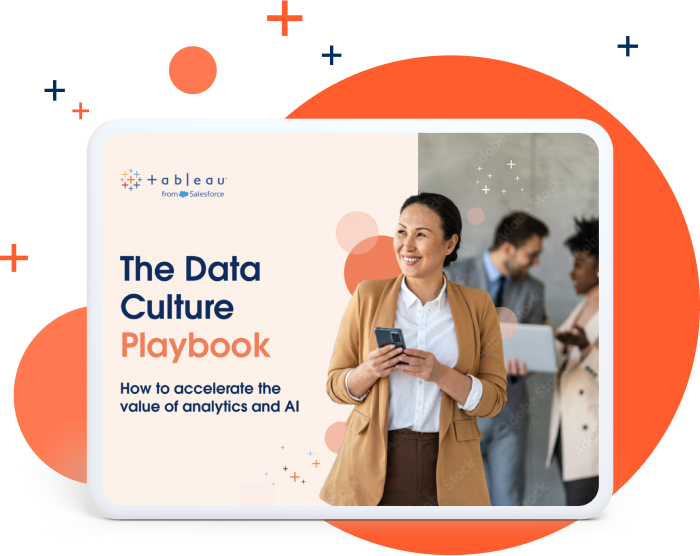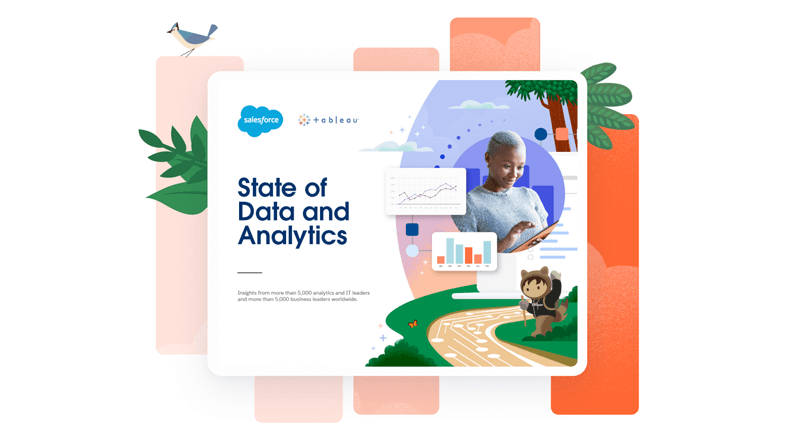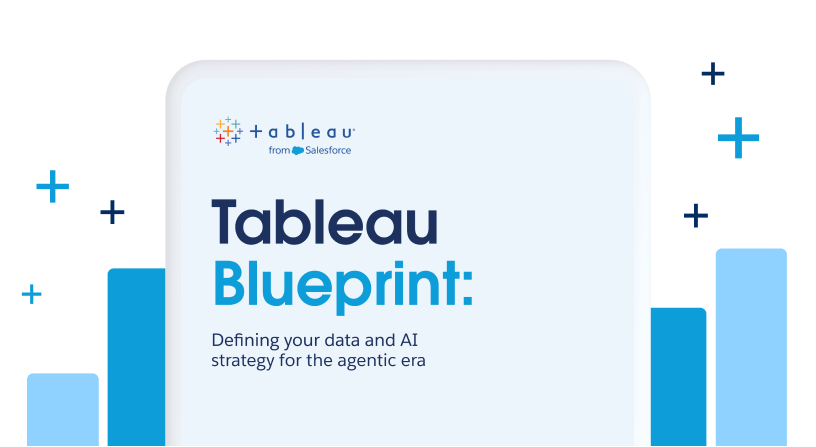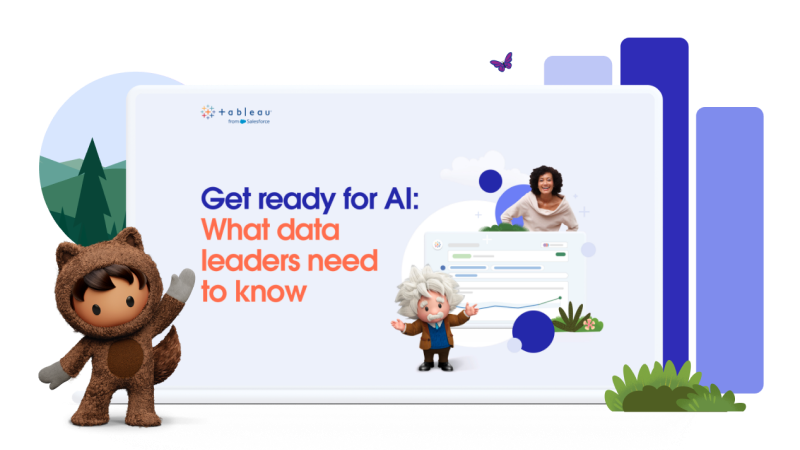
Data culture drives data and AI success.
We’re at an AI inflection point. With help from Tableau, equip your teams with intuitive, AI-powered insights to optimise productivity, innovation, customer success and decision-making.
Get the playbook On-demand webinar
Becoming a data-driven organisation starts here.
Tableau is your go-to partner for accelerating your data and AI journey. The Data Culture Playbook is for leaders like you who want to build a universally data-driven organisation, equipped to be resilient in any environment. Learn how to build the foundational behaviours and mindsets of a data culture.
Get the playbook
Effective transformations are always people-led and as the market leader in data visualisation, we knew Tableau would be perfect for encouraging our people to better connect with data in powerful yet intuitive ways. Bringing it all together in Tableau means everyone can make better, more informed decisions, which is a huge benefit to the company.
Continue your data journey with these resources.
Data and AI strategy: Get ready for the agentic era
Read our Tableau Blueprint guide to learn the foundational elements for success with data and agentic analytics.
Get the guideAI Strategy Guide
Learn how to position your business for AI success from experts in data and AI.
Get the guide





